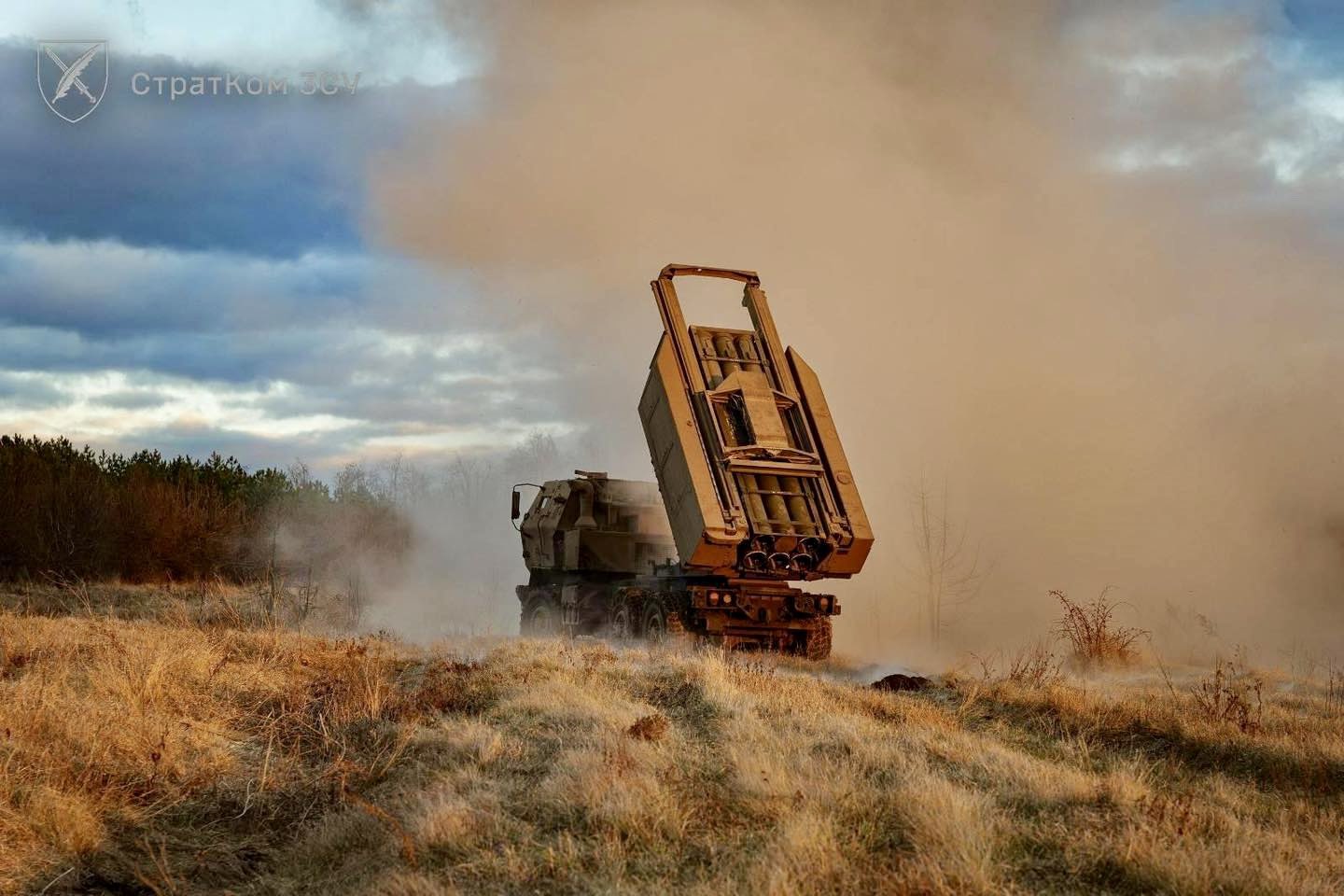A United States Army intelligence analyst has been arrested on charges of conspiring to sell sensitive defense information, including details about the M142 High Mobility Artillery Rocket System (HIMARS), to China.
Sergeant Korbein Schultz, 24, from Willis Point, Texas, was taken into custody on March 7. Schultz, assigned to the 506th Infantry Battalion, has been in military service since November 2018.
Court filings reveal that Schultz allegedly conspired to exchange classified information for financial gain with a contact based in Hong Kong, purportedly affiliated with a geopolitical consulting firm.
The Department of Justice disclosed that Schultz received approximately $42,000 from this contact. Schultz’s correspondence with the individual dates back to June 2022, during which discussions allegedly included inquiries about the US’s insights from the Ukraine conflict, the potential impact of Russia’s invasion, and US plans to defend Taiwan.
Schultz and the unnamed co-conspirator purportedly agreed to a long-term partnership, with Schultz providing a range of sensitive government information.
Among the disclosed details were specifics regarding the M142 High Mobility Artillery Rocket System (HIMARS), a powerful weapon system that the US supplied to Ukraine in its war against Russia.
The HIMARS is a powerful missile launcher integrated into a five-ton truck platform. It can unleash a barrage of six guided missiles in rapid succession.
Its inclusion in the alleged information exchange raises serious concerns about compromising vital defense capabilities. Investigators allege that Schultz began transmitting information about the HIMARS to the handler as early as July 2022.
Although the US Department of Justice’s press release did not provide explicit details about the leaked information, court documents delineate a pattern where Schultz traded classified records for substantial monetary gains.
Apart from HIMARS, Schultz has been accused of sharing sensitive documents related to hypersonic equipment and summaries of US military drills conducted in August 2022.
The charging documents underscore a series of exchanges where Schultz fulfilled specific requests from the co-conspirator, indicating a deliberate and ongoing effort to profit from classified information.
Further, Schultz, whose responsibilities included instructing others on the proper handling of classified information, allegedly discussed with his Chinese contact the arrests of two US Navy sailors in August 2023, also accused of transmitting sensitive information to China.
What Sparks China’s Interest In HIMARS?
While stopping short of directly pointing fingers at the Chinese government, the leak of military information largely centers around China, sparking concerns about its potential implications.
Given China’s openly known ambitions regarding a potential invasion of Taiwan, experts have long speculated that the nation is meticulously scrutinizing US-made weapons that could impede such an attack on the island.
Central to these apprehensions is the HIMARS system, which Taipei is acquiring in decent numbers. The US first announced plans to sell 11 HIMARS launchers to Taiwan in 2020.
Building on this acquisition, in 2023, the Taiwanese government announced its intention to further bolster its precision strike capabilities by acquiring 18 more M142 High Mobility Artillery Rocket System (HIMARS) launchers. Deliveries of this system are slated to commence in 2024.
This surge in procurement was partly influenced by the HIMARS system’s demonstrated effectiveness during its deployment in the Ukraine conflict.
HIMARS has played a pivotal role in Ukraine’s strategic maneuvers, targeting Russian command posts, ammunition depots, and strategic bridges, thus altering the course of the battlefield.

Observing these developments in Ukraine, reports surfaced last year suggesting that Chinese military planners had ramped up their efforts to comprehend and potentially devise strategies to counter the HIMARS system.
Chinese experts have openly admired the HIMARS system, particularly recognizing its potential threat if deployed in Taiwan. Chinese analysts predicted the system would likely be strategically positioned in the western plains and other designated areas.
China ‘HUNTS’ HIMARS’ Secret — A Weapon That Has Wreaked Havoc On Russia & Being Supplied To Taiwan
Should a conflict erupt in the Taiwan Strait, US Army M142 HIMARS units positioned in the Ryukyu Islands, Japan, could also play a crucial role in providing fire and ISR (Intelligence, Surveillance, and Reconnaissance) capabilities to support both the Joint Force and Taiwan forces.
Despite these considerations, Chinese strategists do not view HIMARS as an unbeatable asset and frequently explore alternative methods to counter it. One such strategy involves seeking air supremacy over and around Taiwan in the event of a conflict.
Nevertheless, China’s concerted efforts to acquire insights into HIMARS and related US defense strategies concerning Taiwan underscore its efforts to mitigate potential US military intervention to support Taiwan during a crisis.
- Contact the author at ashishmichel(at)gmail.com
- Follow EurAsian Times on Google News